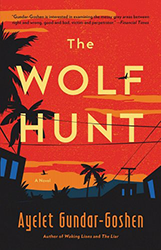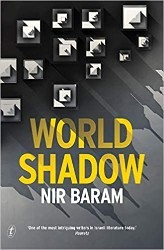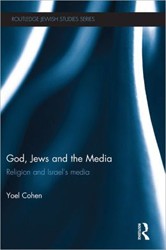The Star of David, with each of its six points, a fist in an open hand and one olive branch waiting to be grasped, is the cover for this provocative and engaging collection. It invites us in to read six stories and to consider and reconsider the authentic Zionist.
We may think we already know the six storytellers and their desire for a strong, lifelong commitment to a just and peaceful Israel and a meaningful Jewish life in America. However, each character’s journey to a mindset and conviction about the current Israeli political conflicts in the region and how best to engage is as important and relevant as ever.
Eric Flamm has deftly juxtaposed personal experiences, life histories, decisions, family relationships and Israel as a real but nevertheless existential concept of the Jewish homeland.
The Jewish community in Portland, Oregon is the perfect setting for a discussion of contemporary Zionism. The author contrasts the liberal atmosphere and beautiful, revered natural environment with the highly volatile debate about political expression.
In 1995, Yoni Tager, a Long Island native, volunteers for the Israeli Defense Force (IDF) with all the passion of youth and yearning to validate his family story. On patrol in Hebron with his buddy, South African émigré David Ostrov, he thinks, “I instinctively felt he (David) shared my growing contempt and incredulity that what we were doing had any enduring value to the IDF, to Israel, to anybody.” The events of that day will be formative and become the catalyst for the stories that follow.
Fast forward to May 2014 and the next story set in Portland. Sarah Gutman is chairwoman of the federation community committee. She believes the federation is a “consensus organization” with broad goals to fight antisemitism and unwavering support for Israel. The community committee has tried to silence now long-time Portland resident, Yoni, by allowing him to observe but denying him membership. He thinks they oppose his “political views: more precisely, his misunderstanding of the nature and needs of the modern state of Israel.” However, Sarah calls on him. Bursting with emotion, Yoni says, “When you talk about your mission (the federation) to stop the hate, consider not using the words ‘critics of Israel’. A person can support Israel and still have legitimate criticisms”.
The kaleidoscope spins back and forth in time. We see through the lens of David, son of a wealthy South African, who moves to Israel as apartheid comes to an end.
Yehuda Alkana, a sabra,along with his IDF friends, celebrates the completion of military service with a trip to Thailand. They meet up with other Jews and Israelis and each interaction drives him to contemplate his identity, priorities, and ideals.
Aaron Slovitz, a young Portland synagogue administrator, seeking a more affiliated Jewish identity, is crushed by the designing Rabbi’s views and leadership.
Finally, we meet Gary. His mother was Jewish but he never knew any other Jews. After meeting some in the diverse Jewish community, including Yoni, Gary begins to consider what identifying as Jewish would be like. In time, he reflects on Yoni’s tale of his own evolved self — no matter what, be the best person you can be and advocate for peace.
Flamm’s kaleidoscope makes a full rotation. History tells us it continues turning.




